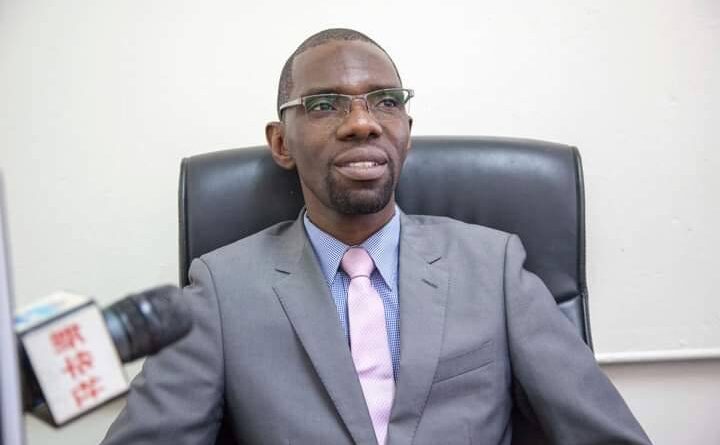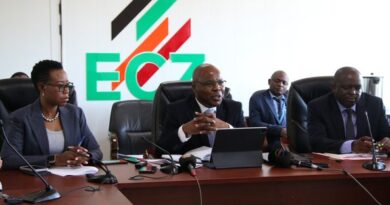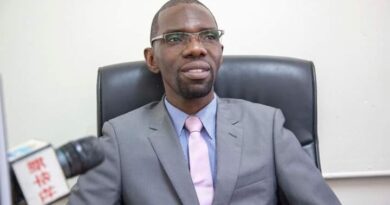Zambian Economist Calls for Export Diversification to Strengthen Kwacha
Zambian economist Mr. Kelvin Chisanga has weighed in on the ongoing challenges with the Kwacha, Zambia’s currency.
He argues that a strategic shift towards a more export-focused economic policy is crucial to strengthen the Kwacha.
The Kwacha’s performance has been hampered by a persistent trade imbalance. Zambia imports significantly more goods than it exports.
Mr. Chisanga proposes a policy that prioritizes promoting non-traditional exports, particularly focusing on value-added agricultural products.
This approach would broaden Zambia’s export base, lessening its dependence on copper exports and fostering a more favorable overall economic climate.
The potential benefits of export diversification are numerous. Increased domestic production spurred by expanded local manufacturing activities would create a ripple effect throughout the economy. This can lead to job creation, higher GDP, and a more stable exchange rate for the Kwacha.
The current situation, however, presents cause for concern. The trade imbalance has been a contributing factor to rising inflation, pushing it beyond the target set by the central bank.
Additionally, Zambia’s reliance on imported finished goods places a significant strain on its foreign exchange reserves. A weak Kwacha unfortunately translates to higher costs for essential imports.
To achieve a more balanced and sustainable economic situation, Mr. Chisanga emphasizes the need for strong political will. Effective policies are required to address the trade imbalance.
These policies could include measures to increase exports, reduce reliance on imports through domestic industrialization efforts, and implement moderate customs duties on undesirable goods and services.
In conclusion, Mr. Chisanga’s analysis underscores the importance of export diversification for Zambia’s economic well-being. By strategically implementing an export-driven economic policy, Zambia can achieve sustainable growth, strengthen the Kwacha, and become less vulnerable to external economic shocks.



